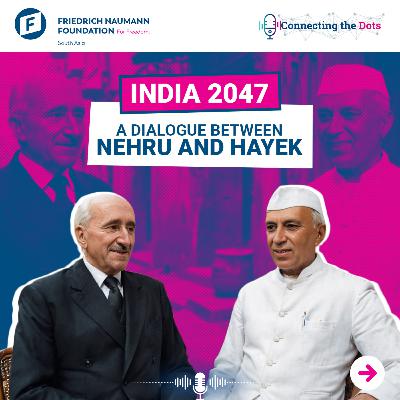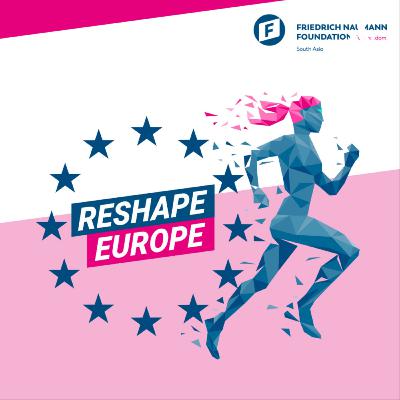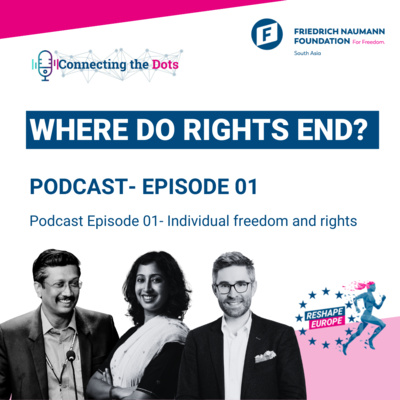LGBTQIA+ Representation in Politics: Breaking Barriers and Shaping Policies
Description
LGBTQIA+ representation in politics in Europe has seen
notable progress in recent years, with several countries leading the way in
terms of inclusive policies and diverse political leadership. Countries like
the Netherlands, Iceland, and Belgium have openly LGBTQIA+ politicians holding
significant positions, contributing to the advancement of LGBTQIA+ rights and legislation. However, challenges and disparities still persist across the
region, with some countries lagging behind in terms of LGBTQIA+ representation.
In South Asia, the landscape of LGBTQIA+
representation in politics is varied. Nepal stands out as a progressive
example, having recognized third-gender rights and electing queer
representatives. Similarly, India's landmark decriminalization of same-sex
relationships in 2018 has paved the way for increased visibility and LGBTQIA+ representation in politics. In Sri Lanka, while there has been progress in terms of LGBTQIA+ advocacy and awareness, there are still significant challenges faced by the community in achieving representation in politics. Societal attitudes and cultural norms often impede the inclusion of LGBTQIA+ individuals in political spheres. However, there are ongoing efforts by activists and organizations to foster LGBTQIA+ visibility, challenge discriminatory laws, and push for more inclusive political representation in Sri Lanka.








